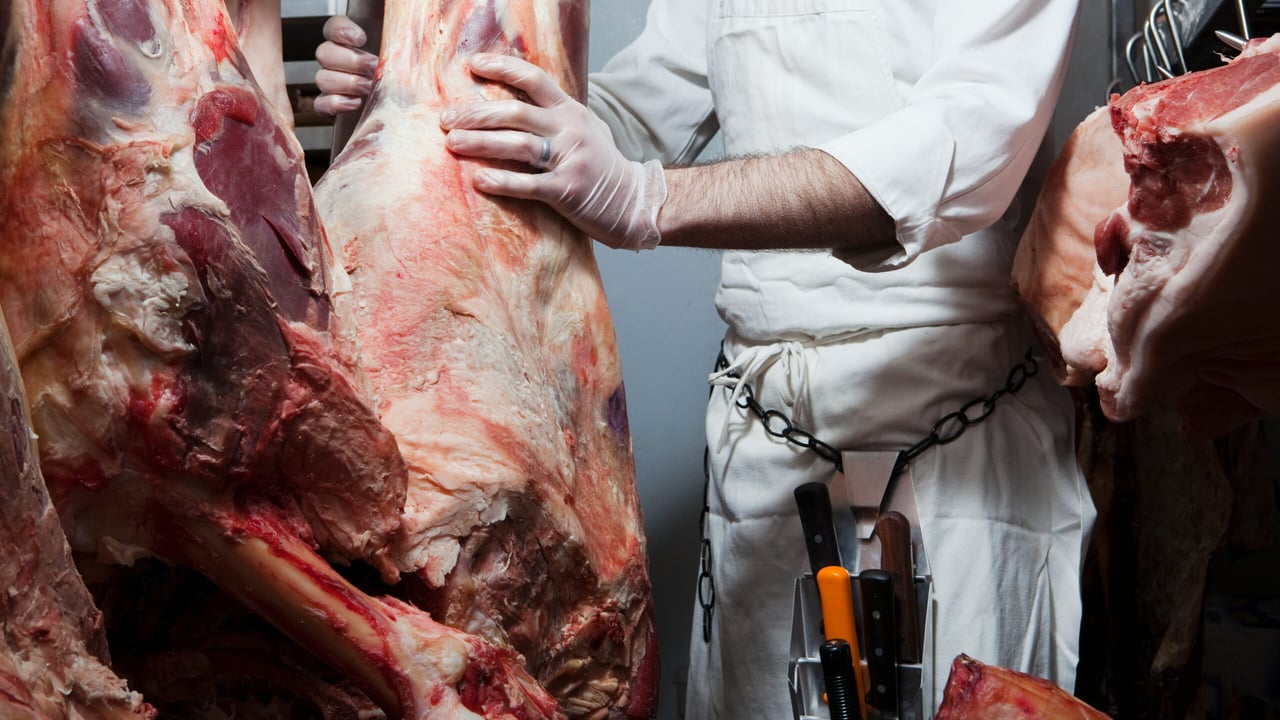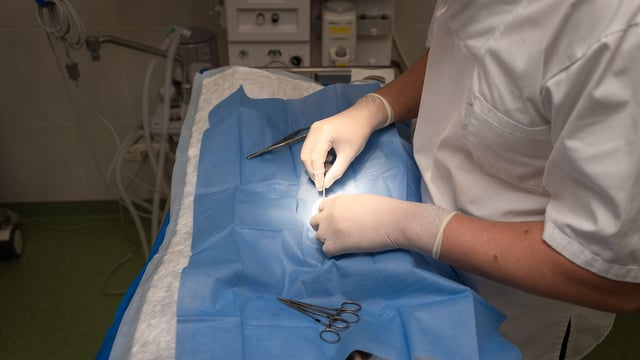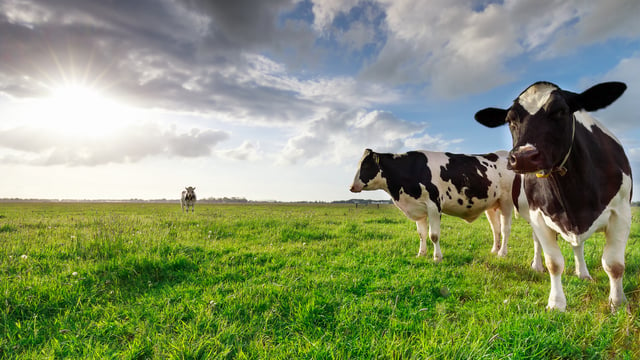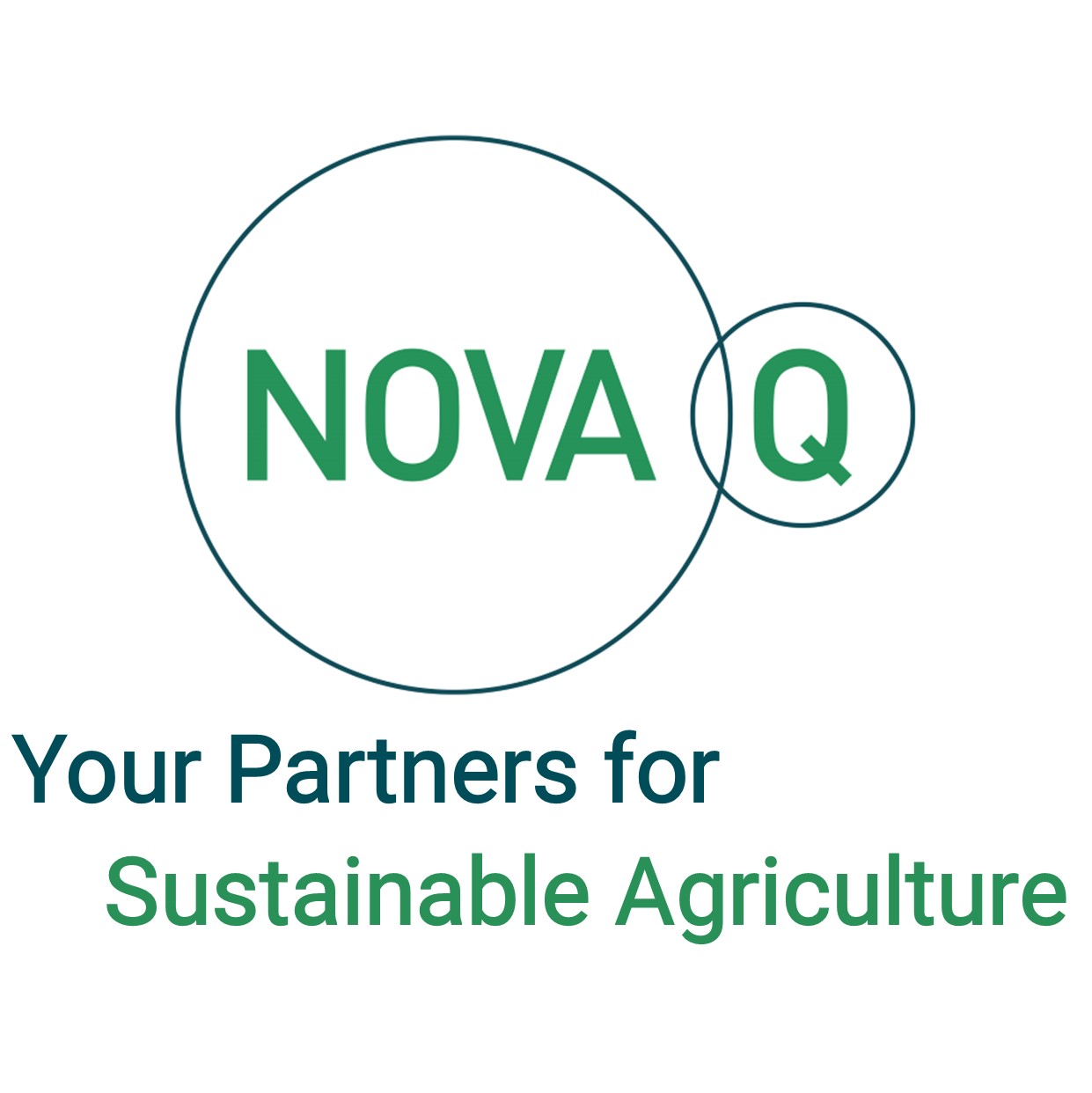Further EU countries expected to export beef to South Korea
The European Commission has said it anticipates that further member states will soon be able to export beef to South Korea, following the removal of trade barriers for French and Irish beef.
The South Korean market officially opened for Irish beef last month. All edible parts, including bones, produced from cattle aged under 30 months at the time of slaughter, and offal can be exported.
Market access for French and Irish beef in South Korea has been described by the European Commission as a "significant development" for the European beef industry.
The European Commission negotiated the removal of local restrictions on EU beef, and expects that other member states will soon follow in being able to export beef to South Korea.
In 2001, the Korean market was closed to imports from 15 EU member states due to outbreaks of Bovine Spongiform Encephalopathy (BSE). Thus, the EU faced a trade blockade from the early 2000s onwards.
Following discussions with the European Commission, South Korea re-opened its market to EU beef from Denmark and the Netherlands in 2019. Five years later, this has been extended to beef from France and Ireland.
South Korea is one of the biggest import markets for beef in the world. The EU is a major net exporter of beef, exporting 1.05 million tonnes of beef in 2023, according to the European Commission.
The removal of trade barriers "underscores" the co-operative efforts between the EU and South Korea to ensure the safety and quality of traded food products, the European Commission said.





